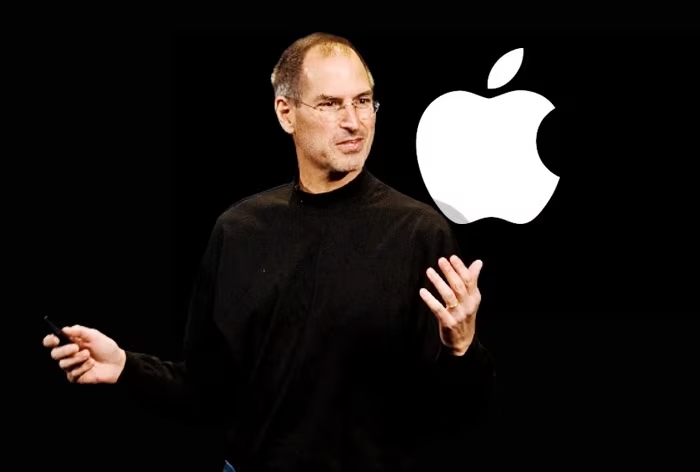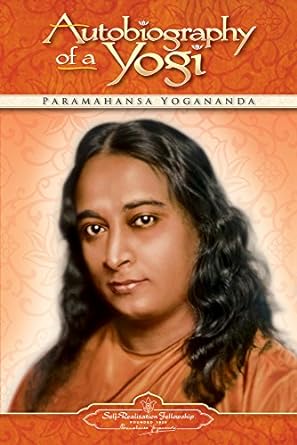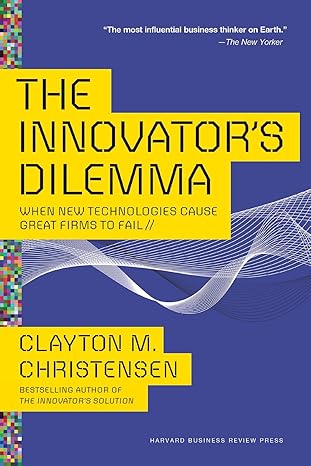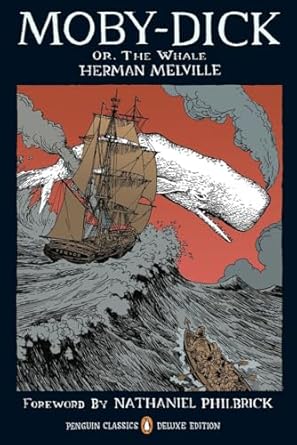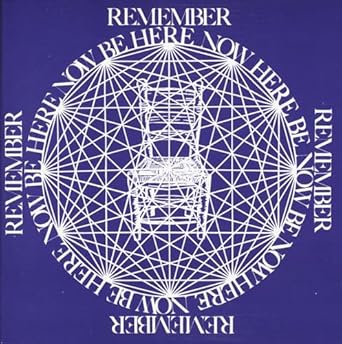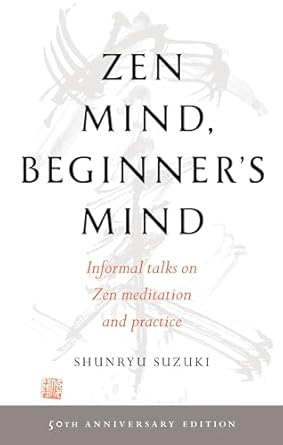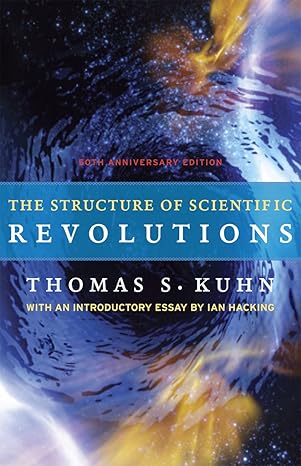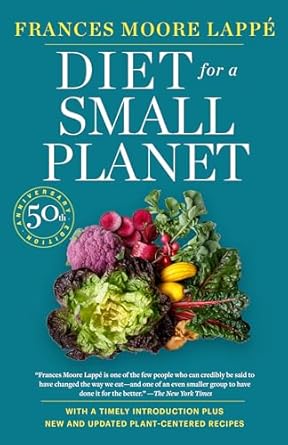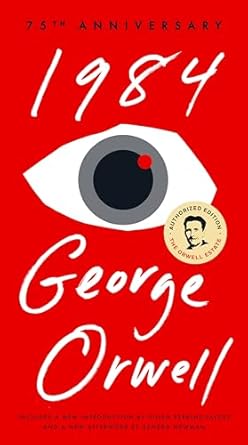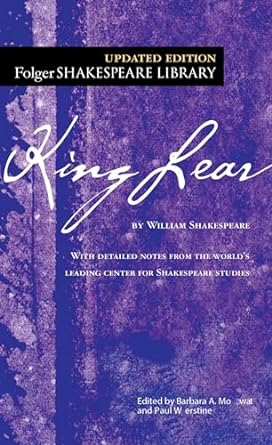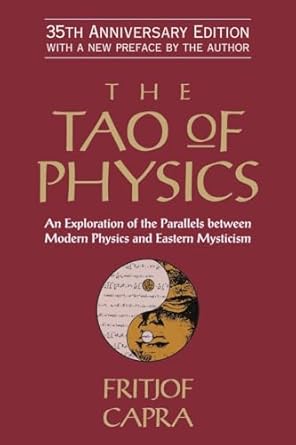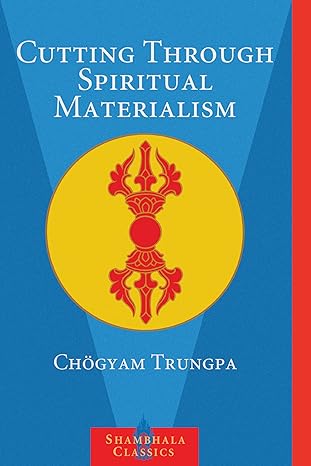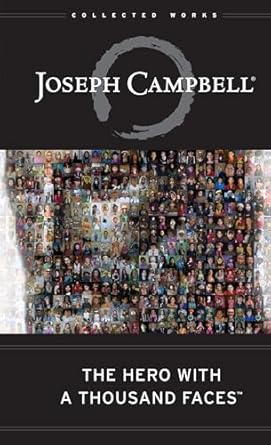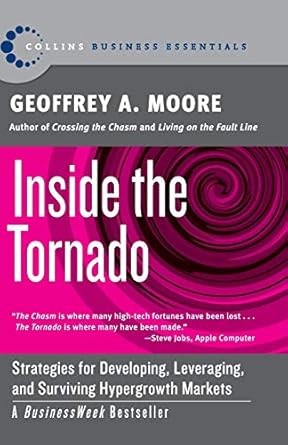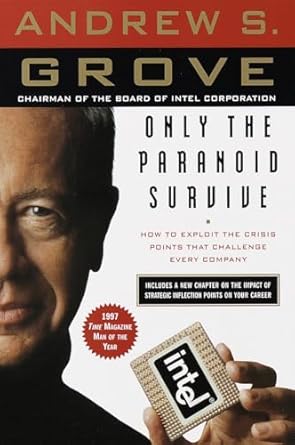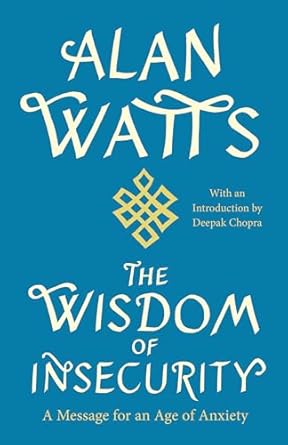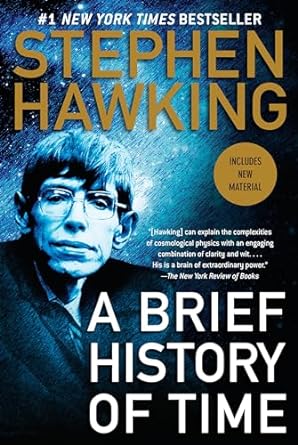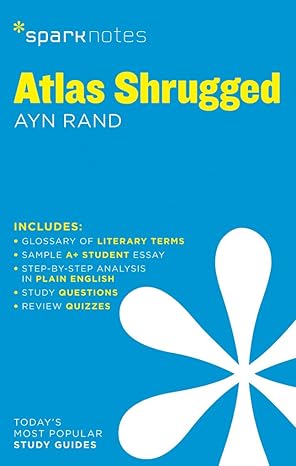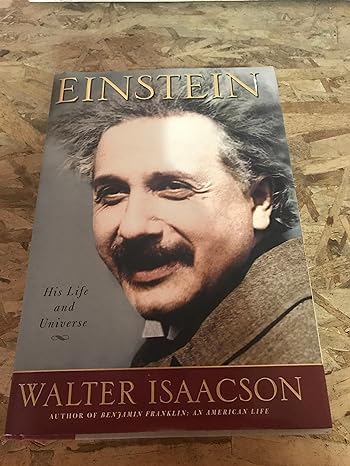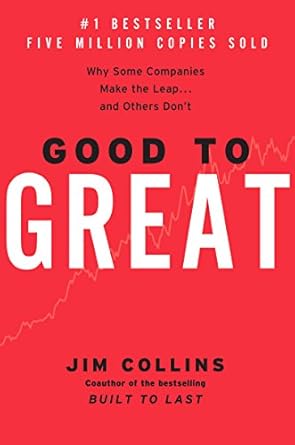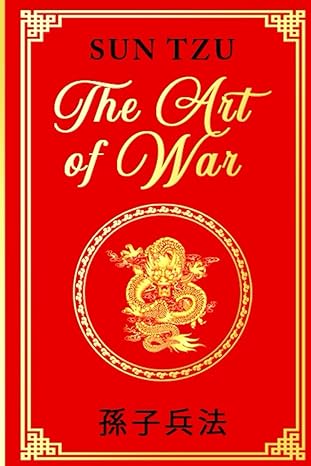Steve Jobs was known for his deep interest in a wide range of books that shaped his thinking about technology, leadership, business, and life. Here are some books that he recommended or was known to have been greatly influenced by:
1. Autobiography of a Yogi
by Paramahansa Yogananda
This spiritual classic was said to be the only book on Steve Jobs’ iPad, and he re-read it every year. It had a profound impact on his views about life and spirituality.
2. The Innovator’s Dilemma
by Clayton Christensen
This book helped Jobs understand why large companies sometimes fail to innovate and how disruptive technologies can take over established markets.
3. “Moby-Dick”
by Herman Melville
Jobs admired this epic novel for its complexity and depth, and it influenced his thinking about big, visionary projects.
4. Be Here Now
by Ram Dass
Jobs was deeply interested in spirituality, and this book by the spiritual teacher Ram Dass encouraged mindfulness and living in the present moment.
5. Zen Mind, Beginner’s Mind
by Shunryu Suzuki
As a practitioner of Zen Buddhism, Jobs was inspired by the book’s teachings on mindfulness, simplicity, and the beginner’s mind approach to life and work.
6. The Structure of Scientific Revolutions
by Thomas Kuhn
This work on the history of science and paradigm shifts is often cited as an influence on Jobs’ understanding of how technology evolves and changes the world.
7. Diet for a Small Planet
by Frances Moore Lappé
Jobs was a strict vegetarian for much of his life, and this book influenced his ideas about food, health, and sustainability.
8. “1984″
by George Orwell
This dystopian novel was significant enough for Jobs to feature its themes in Apple’s famous “1984” commercial for the Macintosh.
9. King Lear
by William Shakespeare
Jobs had a deep love for literature, and this Shakespearean tragedy was one of his favorite works, which explores themes of power, betrayal, and human frailty.
10. The Tao of Physics
by Fritjof Capra
This book explores the parallels between modern physics and Eastern mysticism. Jobs was fascinated by the intersection of science and spirituality, making this book a natural fit for his thinking.
11. Cutting Through Spiritual Materialism
by Chögyam Trungpa
Another book reflecting Jobs’ interest in Buddhism, it deals with the pitfalls of using spiritual practices for personal gain or ego enhancement.
12. The Hero with a Thousand Faces
by Joseph Campbell
This influential book on mythology examines the monomyth or the “hero’s journey,” a narrative pattern found across cultures. Jobs was a fan of Campbell’s ideas and even quoted him in his famous Stanford commencement speech.
13. Inside the Tornado
by Geoffrey A. Moore
This is a follow-up to *Crossing the Chasm* and explores how high-tech markets develop. Jobs admired the strategic insights on how technology adoption evolves.
14. Only the Paranoid Survive
by Andrew S. Grove
Written by the former CEO of Intel, this book outlines strategies for managing change in times of strategic inflection. Jobs appreciated Grove’s insights on leadership and competition.
15. The Wisdom of Insecurity
by Alan Watts
Steve Jobs was influenced by the work of Alan Watts, a philosopher known for introducing Eastern philosophy to the West. This book explores the concept of living in the present moment without fear of the future.
16. A Brief History of Time
by Stephen Hawking
Jobs admired this groundbreaking work on cosmology, which explains complex scientific ideas in a way that’s accessible to the general reader. His interest in science and the universe made this a natural favorite.
17. Atlas Shrugged
by Ayn Rand
Although Jobs wasn’t an ardent follower of Ayn Rand’s philosophy, *Atlas Shrugged* influenced his ideas about innovation, entrepreneurship, and individualism.
18. Einstein: His Life and Universe
by Walter Isaacson
Isaacson’s biography of Einstein, a man Jobs admired for his genius and creativity, deeply resonated with Jobs. Later, Isaacson would go on to write Jobs’ own biography.
19. Good to Great
by Jim Collins
This business book explores how companies transition from being good to becoming great. Jobs valued its insights on leadership and organizational culture.
20. The Art of War
by Sun Tzu
This ancient Chinese treatise on military strategy has been applied in various fields, including business. Jobs found it helpful for thinking about competition and strategic planning.




